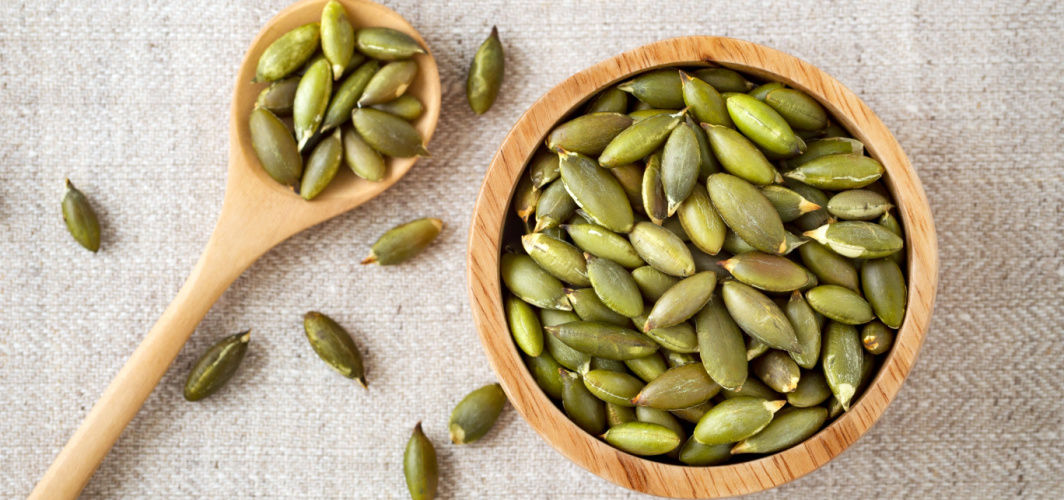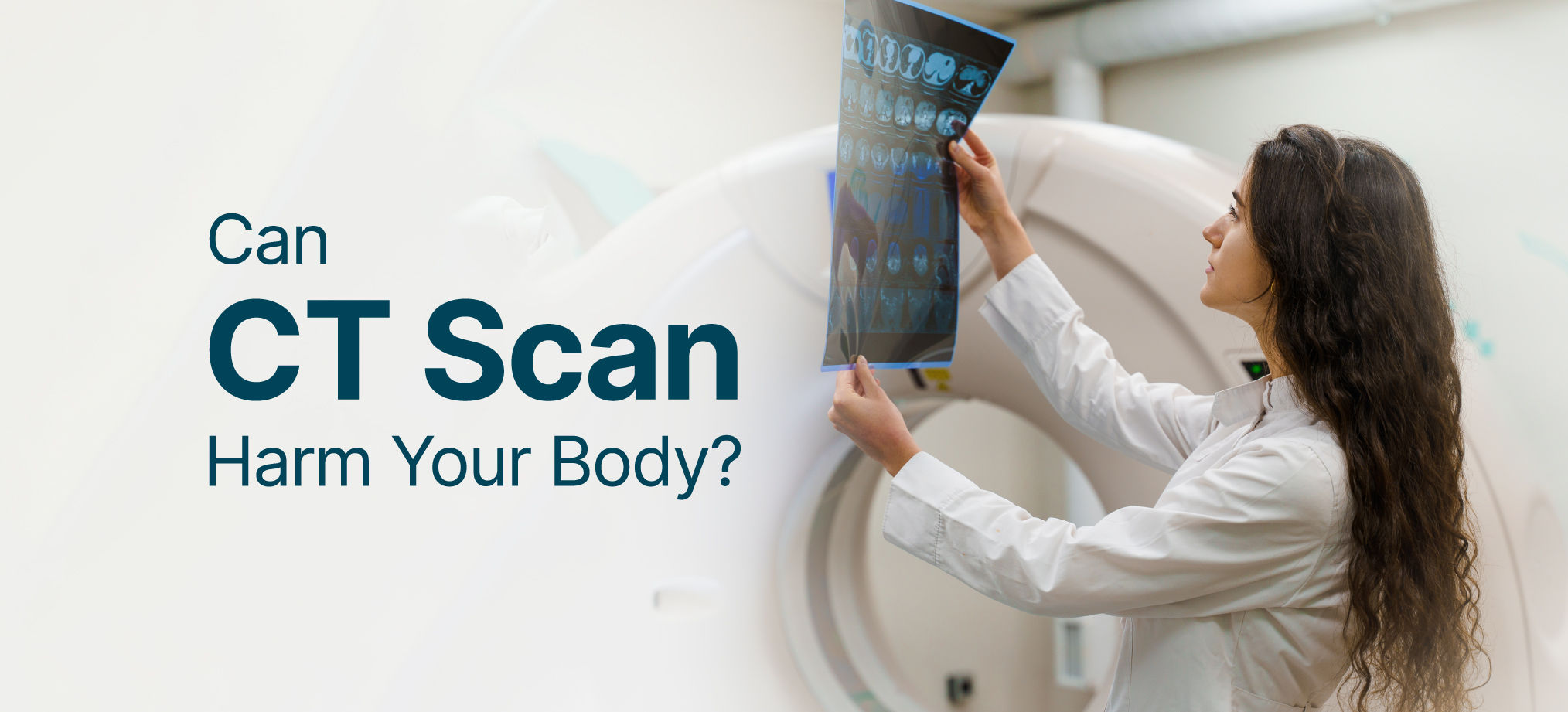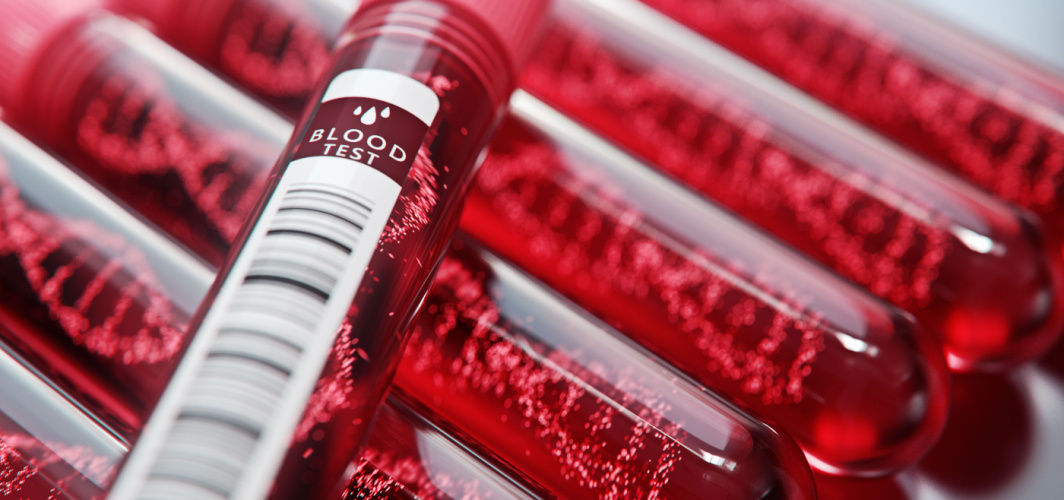General Health
7 Health Benefits Of Pumpkin Seeds
7 min read
By Apollo Pharmacy, Published on - 22 September 2023
Share this article
0
0 like

Pumpkin seeds are not only delicious but they also offer a wide range of health benefits. Packed with essential nutrients, these tiny seeds are a powerhouse of goodness. In India, pumpkin seeds are gaining popularity as a healthy snack and ingredient in various dishes. Whether you enjoy them as a snack, sprinkle them on salads, or use them in recipes, these seeds are an excellent addition to a healthy diet. From promoting heart health to boosting immunity, pumpkin seeds have a lot to offer. So let's explore why you should incorporate pumpkin seeds into your diet and reap their incredible health benefits!
Nutrients Present in Pumpkin Seeds
Pumpkin seeds contain nutrients that offer numerous health benefits.
1. Macronutrients in Pumpkin Seeds
Pumpkin seeds contain the following macronutrients.
- Protein: Pumpkin seeds are a great source of plant-based protein, which is important for muscle growth and repair.
- Healthy Fats: Pumpkin seeds contain healthy fats like omega-3 fatty acids and omega-6 fatty acids, which are beneficial for heart health and brain function.
2. Micronutrients in Pumpkin Seeds
In addition to macronutrients, some of the micronutrients present in pumpkin seeds include:
- Fibre: Pumpkin seeds are an excellent source of dietary fibre, promoting healthy digestion and helping to prevent constipation.
- Vitamins: Pumpkin seeds are rich in various vitamins such as vitamin K, vitamin B2 and niacin, which are essential for energy production and maintaining healthy skin.
- Minerals: They contain important minerals like magnesium, zinc, iron and potassium, which play a crucial role in various bodily functions.
Heart Health Benefits of Pumpkin Seeds
Among their many virtues, pumpkin seeds offer a range of advantages for heart health.
1. Lowering Cholesterol Levels
Pumpkin seeds are rich in phytosterols, which have been shown to help lower LDL cholesterol levels. Studies have found that consuming pumpkin seeds regularly can lead to a significant reduction in cholesterol levels, thus reducing the risk of heart disease.
2. Blood Pressure Regulation
Pumpkin seeds are rich in magnesium, which plays a crucial role in maintaining healthy blood pressure levels.
- Magnesium helps relax blood vessels, promoting better circulation and reducing the strain on the heart.
- Adequate magnesium intake is associated with a lower risk of developing high blood pressure.
Digestive Health Benefits of Pumpkin Seeds
Pumpkin seeds, also known as pepitas, provide several digestive health benefits due to their nutrient composition. Here are some of the digestive benefits of consuming pumpkin seeds:
1. Promoting Regular Bowel Movements
Pumpkin seeds are a great source of fibre, which plays a vital role in supporting digestive health.
- This high-fibre content is essential for promoting regular bowel movements and preventing constipation.
- Fibre adds bulk to the stool, making it easier to pass through the digestive system.
- By including pumpkin seeds in your diet, you can ensure a healthy digestive system and avoid gastrointestinal issues.
2. Supporting Gut Health
In addition to being rich in fibre, pumpkin seeds also contain prebiotics.
- Prebiotics are compounds that nourish the beneficial bacteria in the gut.
- These bacteria play a crucial role in maintaining a healthy gut microbiome.
- A healthy gut microbiome is not only essential for digestion but also for immune function and overall well-being.
Weight Management Benefits of Pumpkin Seeds
Pumpkin seeds are also beneficial for weight management.
- Packed with fibre and protein, these little seeds can help you stay on track with your weight loss or maintenance goals.
- The high fibre content in pumpkin seeds promotes satiety, keeping you feeling fuller for longer periods.
- This helps reduce hunger cravings and prevents overeating.
Additionally, the protein content in pumpkin seeds helps to boost metabolism, allowing your body to burn calories more efficiently. Incorporating pumpkin seeds into your diet can aid in weight loss or maintenance.
Immune System Boosting Benefits of Pumpkin Seeds
Another key advantage of consuming pumpkin seeds is their ability to boost the immune system.
1. Antioxidant Properties
Pumpkin seeds are rich in antioxidants, including vitamin E and carotenoids. These antioxidants help protect the body against oxidative stress, which can lead to chronic diseases and weaken the immune system. By consuming pumpkin seeds, you can enhance your body's defence mechanisms.
2. Zinc Content
Pumpkin seeds are an excellent source of zinc, a mineral that plays a crucial role in immune system function.
- Zinc is involved in the development and activation of immune cells, making it essential for maintaining a robust immune response.
- Studies have shown that zinc deficiency can impair immune function, highlighting the importance of adequate zinc intake.
Bone Health Benefits of Pumpkin Seeds
Pumpkin seeds are packed with essential minerals like magnesium, phosphorus and manganese, which contribute to the overall health of your bones.
- Magnesium plays a crucial role in calcium absorption, promoting bone density and strength.
- Phosphorus is responsible for the formation and maintenance of bone tissue.
- Manganese helps in the production of collagen, a protein that supports bone structure.
- Including pumpkin seeds in your diet can help prevent conditions like osteoporosis and improve overall bone health.
Prostate Health Benefits of Pumpkin Seeds
Studies suggest that consuming pumpkin seeds may help reduce the risk of prostate enlargement and related issues.
- Pumpkin seeds are rich in nutrients like zinc, magnesium and antioxidants, which are essential for maintaining prostate health.
- Zinc is known to support prostate function and may help regulate testosterone levels.
- The antioxidants found in pumpkin seeds help protect the prostate cells from oxidative damage.
- Research has shown that pumpkin seed consumption may help alleviate symptoms of benign prostatic hyperplasia (BPH), a common condition characterised by an enlarged prostate gland.
- The high content of phytosterols in pumpkin seeds may also contribute to their beneficial effects on prostate health.
Skin and Hair Health Benefits of Pumpkin Seeds
Pumpkin seeds help in enhancing the health of your skin and hair. Here are some ways in which pumpkin seeds can contribute to your skin and hair health.
1. Antioxidant Effects on Skin
Pumpkin seeds are rich in antioxidants like vitamin E, which can help combat oxidative damage to the skin. These antioxidants protect your skin from free radicals, preventing signs of ageing like wrinkles and fine lines.
Regular consumption of pumpkin seeds may promote a youthful and radiant complexion.
2. Nutrient Support for Hair Growth
Pumpkin seeds contain essential nutrients which are crucial for healthy hair growth.
- Zinc helps in the production of keratin, a protein that makes up the structure of your hair.
- Iron promotes proper blood circulation to the hair follicles, ensuring they receive adequate oxygen and nutrients for growth.
- Vitamin A aids in the production of sebum, an oily substance that moisturises the scalp and keeps your hair healthy.
Conclusion
In conclusion, pumpkin seeds are a nutritional powerhouse that can bring numerous health benefits to your diet. From improving heart health to boosting immunity, these tiny seeds are packed with essential nutrients that support overall well-being. Incorporating pumpkin seeds into your daily meals can be an easy and delicious way to enhance your nutrition. You can enjoy them as a snack, sprinkle them over salads or cereals or use them in baking and cooking. So, whether you're looking to boost your heart health or support your immune system, don't forget to include pumpkin seeds as part of your balanced diet.
FAQs
Q. How many pumpkin seeds should I have daily?
It's important to consume pumpkin seeds in moderation. The recommended daily intake of pumpkin seeds is around 1 ounce (28 grams), which is roughly a small handful. This serving size provides an adequate amount of essential nutrients without excessive calorie intake.
Q. Are pumpkin seeds suitable for individuals with nut allergies?
Pumpkin seeds are generally well-tolerated by people with nut allergies, as they belong to a different botanical family. However, individual sensitivities can vary, so it's important to exercise caution and consult a healthcare professional if you have concerns.
Q. Can pumpkin seeds be eaten with their shells?
Yes, pumpkin seeds are edible with their shells. The shells are a good source of dietary fibre, which can have digestive benefits. Roasting or cooking the seeds can make the shells more palatable.
Q. Are there any potential allergic reactions to pumpkin seeds?
Although rare, some individuals may experience allergies to pumpkin seeds. Symptoms can include itching, swelling or difficulty breathing. If you suspect an allergy, seek medical advice immediately.
Q. Can pumpkin seeds be included in a child's diet?
Yes, pumpkin seeds can be a nutritious snack for children. However, be mindful of portion sizes and consider the child's age and chewing ability. Pumpkin seeds can be a choking hazard for young children if not properly prepared or consumed.
General Health
Leave Comment
Recommended for you

General Health
For How Long Does Radiation Stay In Your Body After A CT Scan?
Computed tomography (CT) scans use radiation to create 3D images of your internal organs to aid diagnosis. While low radiation doses in tests slightly raise cancer risk, the risks from CT scans are controlled and usually outweighed by benefits. Read on to learn all you need to know about radiation exposure due to CT scans.

General Health
20 Things You Must Have In Your First-Aid Kit
Every house should have a first aid kit to handle emergencies. From antiseptic lotion to bandages, cotton rolls and disposable gloves, here are 20 items that you should have in your first aid kit.

General Health
Why Is It Important To Fast Before Specific Blood Tests?
Discover the reasons behind fasting before blood tests, the tests that require it, and how to prepare for them
Subscribe
Sign up for our free Health Library Daily Newsletter
Get doctor-approved health tips, news, and more.
Visual Stories

The Best Exercises for Controlling Blood Sugar Levels
Tap to continue exploring
Recommended for you

General Health
For How Long Does Radiation Stay In Your Body After A CT Scan?
Computed tomography (CT) scans use radiation to create 3D images of your internal organs to aid diagnosis. While low radiation doses in tests slightly raise cancer risk, the risks from CT scans are controlled and usually outweighed by benefits. Read on to learn all you need to know about radiation exposure due to CT scans.

General Health
20 Things You Must Have In Your First-Aid Kit
Every house should have a first aid kit to handle emergencies. From antiseptic lotion to bandages, cotton rolls and disposable gloves, here are 20 items that you should have in your first aid kit.

General Health
Why Is It Important To Fast Before Specific Blood Tests?
Discover the reasons behind fasting before blood tests, the tests that require it, and how to prepare for them